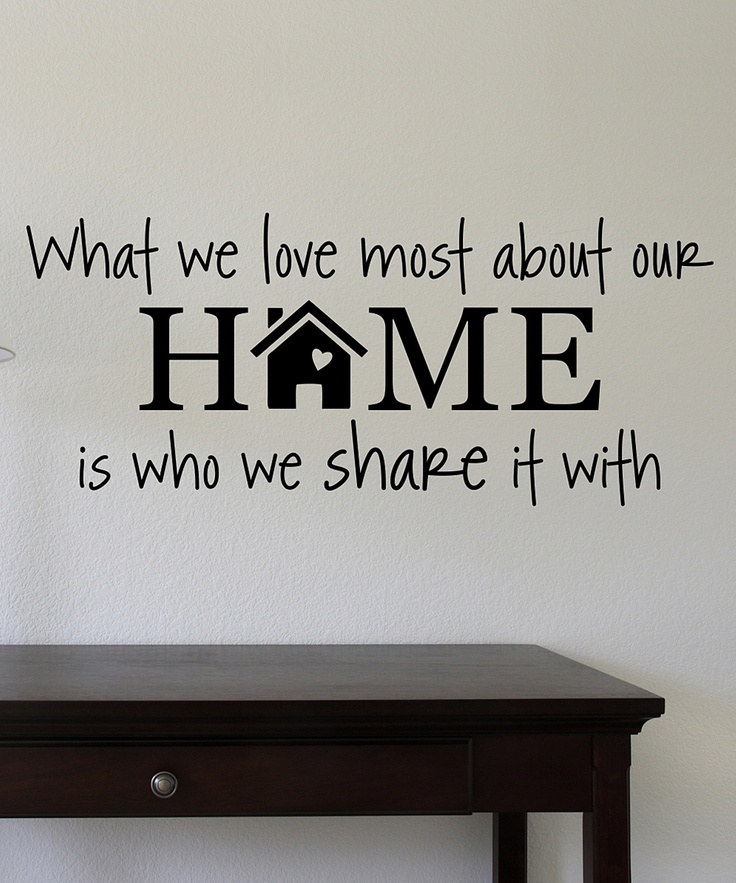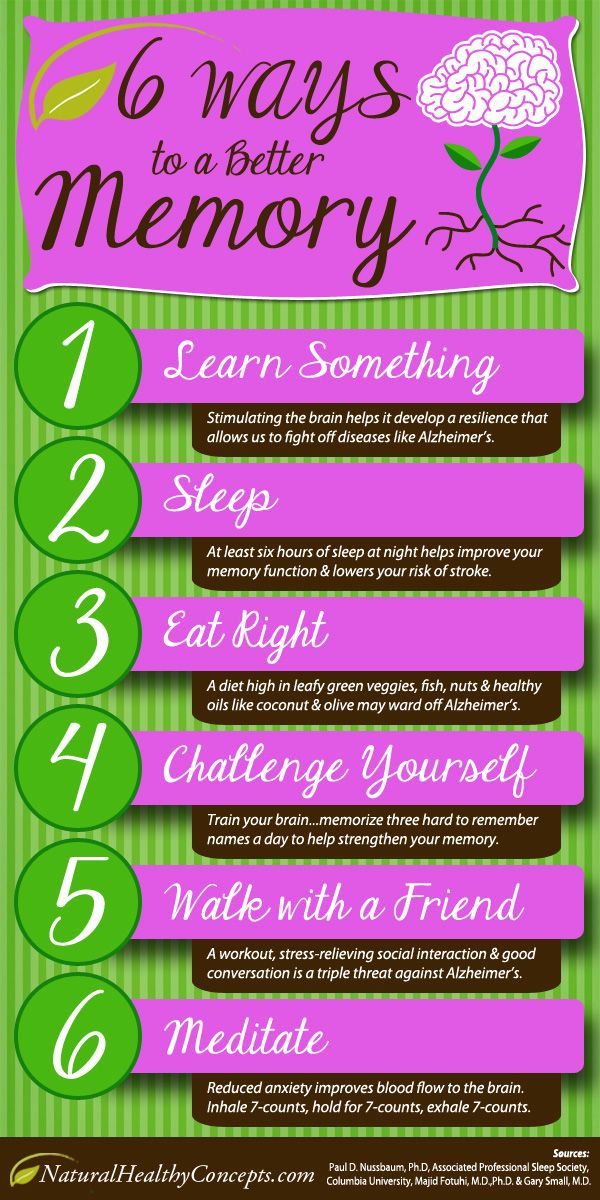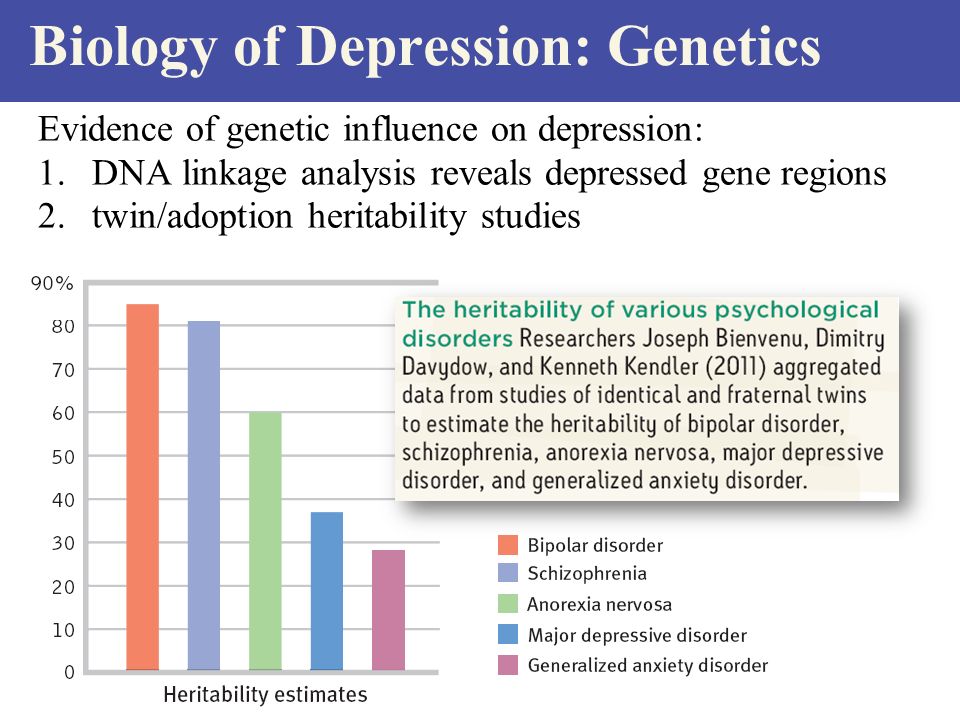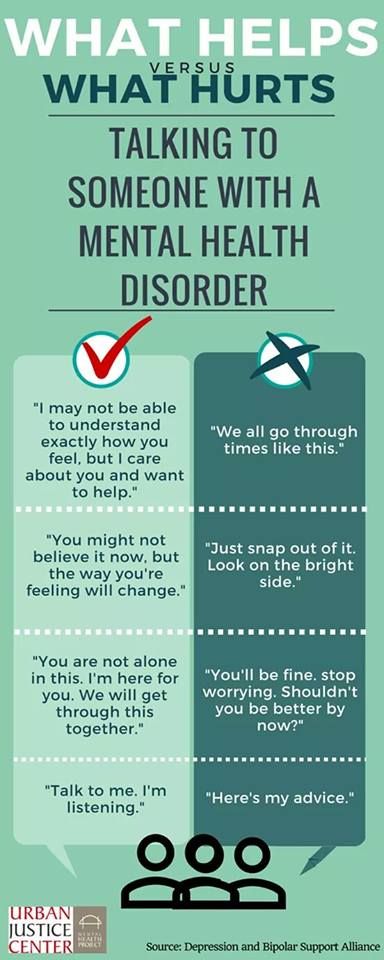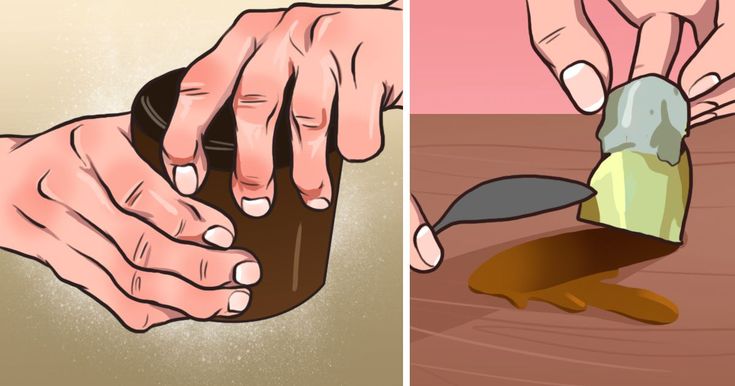How to express myself better
How to Express Yourself Better in 7 Steps – Convey Clearly
Do you have ideas you’re trying to convey to others, and you just can’t seem to express yourself?
Do you ever feel like you can’t even tell a story? You could be in the middle of telling a story, and you keep overexplaining and using way too many words. Or you never can get to the end, and you already forgot the moral?
Sometimes you’re in the middle of expressing yourself, it’s going awry, and then someone cuts you off to express their views? “What the heck?! I’ve just been interrupted while telling my rambling story. Oh, well, I guess I got saved.”
Do you know people who seem to be able to express themselves well in any situation?
Then there are those folks who can express themselves quite well.
You know people who can express themselves to a fare-thee-well. They speak clearly and confidently. It takes them almost no time to get to the point. And they can change your views quickly.
These folks have executive presence and an incredible verbal brand. They’re assertive, yet warm. They can tell stories, answer difficult questions, and know how to say “no” without hurting anyone’s feelings. They can express themselves during tense meetings, interviews, and on stage.
Don’t worry; they don’t have an extra gene that you don’t. People who express themselves well have the essential techniques necessary to get their point across well.
We’ll start with the basic techniques, and then we’ll delve deeper.
How to Express Yourself Better
People who can express themselves well don’t have a different gene; they have the techniques.
- Formulate your ideas in advance until you don’t need to anymore.
- Don’t overexplain & avoid redundancies.
- Speak in bullets.
- Don’t be afraid of the pause while speaking.
- Start with the bottom line & don’t use too many details.
- Be relaxed.
- Use a voice that’s warm & authoritative (not aggressive.
 )
)
These are the steps you’ll want to practice to get people loving your ideas and following your suggestions. Read on to learn how to implement these steps when you’re expressing yourself.
Many people have trouble expressing themselves.
How to implement these techniques:
Formulate your ideas in advance until you don’t have to anymore. My suggestion is to record yourself or at least talk to yourself in the mirror.
The advantage of recording yourself is you can hear when you make mistakes. Don’t be afraid to become aware of your mistakes. It’s the only way you can get better.
You wouldn’t tell your tennis pro not to video record you because you don’t want to see your swing. You want to see your swing! You know that doing so will improve your game! And unless you have sponsors for your tennis games, improving your tennis won’t make you any money. But learning to express yourself better will. So let’s get back to it, shall we? Don’t make me come over there!
Learning to express yourself better is well worth the effort.
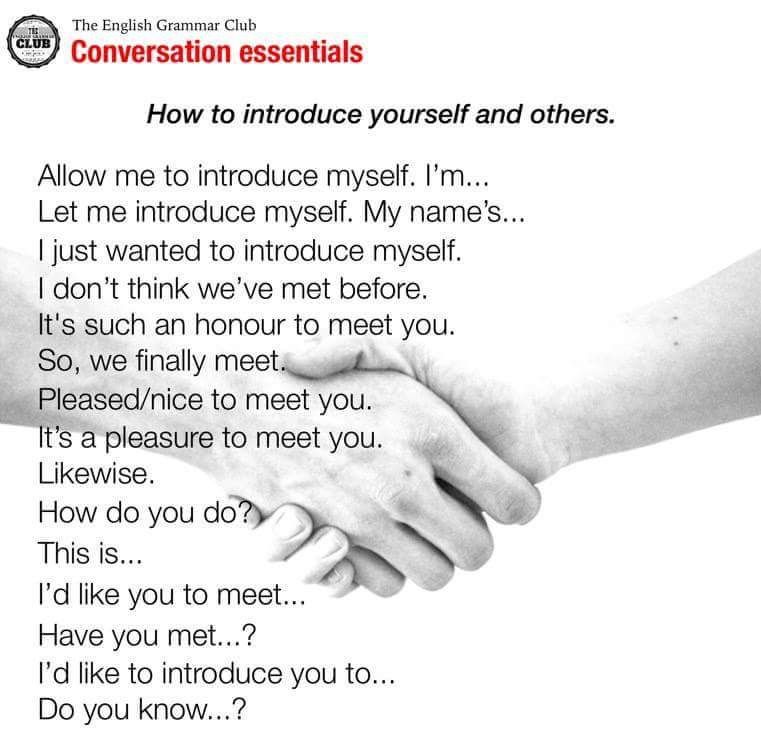
Right now, you’re cringing listening to yourself talk (Best to not be subjective but like a scientist.) But in a couple of weeks, people will be loving your ideas and following your suggestions.
You’ll love listening to yourself on a recording!
Expressing yourself well is about getting your message across easily.
I’m sorry to be the bearer of bad news; nobody wants to listen to a long rambling story. (Don’t hate! You’re in this to express yourself well and have people love your stories and concepts and follow your call to action. So let’s break some eggs. Is that the expression?)
People who express themselves well use pauses & speak in bullets.
Be not afraid of the pause. Some people really hate the pause because they know it allows others to interrupt them. It gives them that space they’re looking for. Remember, if people are interrupting you frequently, it means you’re not speaking very clearly & concisely.
Use your pauses like parenthesis around your bullets.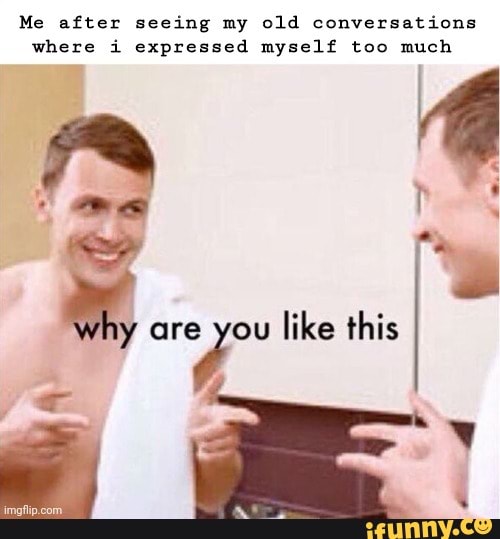 Formulate your ideas into a few bullets. Take out the non-essential words. Eliminate redundancy and then surround those bullets with pauses.
Formulate your ideas into a few bullets. Take out the non-essential words. Eliminate redundancy and then surround those bullets with pauses.
Expressing yourself in high-stakes situations.
Master the ability to express yourself in low-stakes situations first. Talking to yourself is the easiest; telling stories to your pets comes next. (Unless they’re very judgemental.) You’ll probably need to focus in these areas for a week or two.
Once you’ve mastered the low-stakes situations, move on to the medium-stakes ones. Maybe talking to a colleague or friend and speaking in friendly meetings.
All the while, you are recording yourself and seeing significant strides. And now you’re feeling proud! Good for you!
Express yourself using a warm & authoritative voice.
Your voice plays an enormous role in how people perceive you. It impacts your credibility. Once you learn to express yourself using a warm yet authoritative voice, you’ll have people eating out of the palm of your hand.
If you don’t want to influence others and express yourself well, definitely don’t take The Voice Spa.
All these influential, authoritative people you know have worked on their ability to express themselves well. They didn’t think it would magically happen, and they certainly didn’t put up with telling ineffective stories and not having people follow their call to action.
Go from rambling, filler word user to fluent speaker.
You can do this by measuring your success. If yesterday you used 15 filler words and non-essential words and today you only used 10 pat yourself on the back.
If last week you couldn’t get to the point but this week your stories are short & succinct, be proud!
Assess each skill minutely and expect incremental progress. I can’t say enough how you should be an objective scientist recording data.
How to express your opinions.
Now that we’ve gone and made every single topic political, expressing yourself becomes more challenging. Perhaps you mention how much you like cheese, and someone wants to blame you for climate change.
Perhaps you mention how much you like cheese, and someone wants to blame you for climate change.
Or perhaps you did want to discuss something that may be inflammatory. You may want to start by addressing the things that you and your conversational partner have in common.
You can say, “You and I are very similar. We both feel really strongly about ___. We both want to make the world a better place. If we take politics out of the discussion, I think we can make some progress toward our goal. We don’t have to agree on everything we just have to keep our eyes on the end goal.”
Easily express your feelings.
Do you keep your feelings bottled up inside? Do they cause you stress and pain? That’s no good. You know it & I know it.
First, you want to decide if it’s worth it or let it go.
If it is worth it to tell someone your feelings, be sure to do so in private and when there isn’t too much going on. You don’t want to express your undying love for someone and they reply with a cheer for their favorite football team who’s currently on the telly.
If you want to tell someone that they did something wrong, be sure to phrase it from your perspective. You can say, “It hurt my feelings when you…”
Make sure you’re relaxed. It doesn’t hurt to practice into a recorder first! 🙂
Facebook Twitter Linkedin
Healthy Ways To Express Your Emotions
Releasing Tension Through Expression
Expressing yourself can help you keep in touch with how you are feeling. It can also help you release a lot of tension that you might be carrying around. Sometimes, when people lose touch with how they feel, their feelings burst out in situations or ways that are embarrassing or inappropriate.
Everyone needs some time alone to reflect on feelings. Being able to express how you feel might help you make better decisions about what is right for you now.
Ways of Expressing Yourself
Finding out the best way for you to express yourself can be rewarding. You might find that you enjoy expressing yourself in a particular way, like painting, playing a sport, singing, drumming or even yelling into a pillow. If you don’t know which way works best for you, try some of the following suggestions.
You might find that you enjoy expressing yourself in a particular way, like painting, playing a sport, singing, drumming or even yelling into a pillow. If you don’t know which way works best for you, try some of the following suggestions.
Write About How You Feel
Writing can be a useful way to explore your feelings. Some people do this by:
- Keeping a journal/diary
- Writing a blog (anonymous or not)
- Creating stories that reflect what we are going through or have been through
- Writing poetry
- Using journaling prompts
Getting the thoughts out of your mind and onto paper can be incredibly relieving. It allows us to slow down our thinking process and release whatever words are asking to be spilled from us. Through this, we can gain a little more perspective and understanding of our situation without having to share these things with another person if they’re too private or sensitive.
Get Active
Movement can be a powerful way to express ourselves in a physical way, channeling our energy into something that gets it out of our minds & bodies. How do you like to move?
How do you like to move?
With sports, there are plenty of opportunities to yell or curse or feel elated when things go well. Team sports allow you to express yourself with others and use your mental and physical energy to release whatever you’re feeling.
If you’re not much for team sports, you can still use physical activity as a way to express yourself. Here are some other things you can try:
- Martial arts
- Dancing
- Hiking
- Long walks
- Weight Lifting
- Boxing
- Gymnastics
- Yoga
- Aerial Silks
- Poi
- Skateboarding/Longboarding
- Running
- Skiing
- Swimming
Moving your body also gives you a mood boost! When you exercise and move your body, you produce more serotonin, which is a chemical found in your body that helps improve your mood, sleep, and thinking. If you experience depression, anxiety disorders, or post-traumatic stress disorder (PTSD), exercise and movement could be very good for helping you manage your moods and relieve stress.
Create Something
Even if you don’t think of yourself as an artist, art is a useful way of expressing yourself. Even if you’re not particularly good at any of these, give it a try. You don’t have to be good at it to enjoy it.
Some forms of art you could try:
- Painting
- Drawing or sketching
- Digital art
- Mixed media collages
- Sculpting, clay or metal
- Jewelry making
- Wire wrapping
- Wood carving or woodworking
- Building small projects
- Welding
- Cosplay (dressing up as your favorite characters)
- Crocheting
- Glass blowing
- Makeup
- Photography, film or digital
- Calligraphy
There are so many ways to be creative and it doesn’t have to be just painting or drawing. Not only is art good for expressing yourself, it can also be used for relaxation.
Getting the thoughts out of your mind and onto paper can be incredibly relieving. It allows us to slow down our thinking process and release whatever words are asking to be spilled from us. Through this, we can gain a little more perspective and understanding of our situation.
Through this, we can gain a little more perspective and understanding of our situation.
Wire Wrapping
Art Therapy Techniques
Song Writing
Photography
Use Music to Express Yourself
Singing along to your favorite songs, creating music of your own, or playing a musical instrument is another way of expressing yourself. Try singing in the shower or in your car. If you play an instrument or sing regularly, you might want to start writing your own songs or music to express how you feel. It may also be fun to sing or play music with your friends.
Music can be incredibly healing, whether from resonating with the vibe of the music, feeling seen in the lyrics of the songs you’re listening to, or by channeling your emotions through the sounds you create. There are an infinite amount of ways to use sound and music to express yourself.
Dance It Out
Dance is definitely a form of self-expression and you don’t have to be a ballerina to do it. Put on some music at home or go out and dance as much as you like in whatever way you like. If you’re embarrassed about how you look, don’t worry. Maybe just try dancing alone in your room with your door locked to get started.
Put on some music at home or go out and dance as much as you like in whatever way you like. If you’re embarrassed about how you look, don’t worry. Maybe just try dancing alone in your room with your door locked to get started.
If you’re looking to focus on expressing your emotions through dance, try setting that intention with the songs you choose and try to imagine what you’re wanting to express as you dance. If emotions come up that you’re not expecting, try not to judge them. They’re coming up for a reason.
If you find you really enjoy dancing, you can try joining a local dance group or attend a dancing event or class. Maybe belly dance is your thing. Perhaps hip-hop suits you more. All of it is valid and beautiful.
Use Your Voice
One of the simplest ways of expressing ourselves is through communication. Effective communication is learning how to express your thoughts and feelings in an appropriate way with another person and is an important life skill to have.
One tool to get you started is to ask a friend, or other person you trust, if they have the space or time to talk to you about something that’s been on your mind. This gives them the option to consent to the conversation, in case they’re not in a good head space themselves, and shows that you respect where they’re at. If one person isn’t available, try another. You deserve to be heard.
If you don’t feel comfortable sharing your thoughts with someone you’re close to in your personal life, a school counselor or other mental health professional may be able to help. If you’re in a crisis and need to share things with someone immediately, check out our Crisis Support Resources or see below:
Crisis Text Line
The Crisis Text Line offers free, confidential crisis support via text 24/7. Whether you’re feeling suicidal or having a hard time managing strong emotions, a trained volunteer will connect with you and provide support.
-
TEXT LINE
- Text HOME to 741741 (24/7/365)
I’m Alive Chat
I’m Alive Chat is an entirely online chat platform with all of their volunteers trained and certified in crisis intervention.
-
ONLINE CHAT
- Chat here
National Suicide Prevention Lifeline
The National Suicide Prevention Lifeline gives 24/7, free & confidential suicide crisis intervention support and resources to those in need.
Teenline
Teen Line allows you to speak with another teen for support and offers resources online that are relevant to teens.
-
CRISIS LINE
-
Call 1-800-852-8336
-
Text TEEN to 839863
-
Trans Lifeline
The Trans Lifeline is a suicide hotline for trans-identified individuals. The calls are taken by other trans people and can be used whether or not you’re in crisis.
The Trevor Project - LGBTQIA+ Support
The Trevor Project is dedicated to providing crisis counseling for those in the LGBTQ+ community that are considering suicide. All lesbian, gay, bisexual, transgender, queer and questioning people are welcome to call.
-
TREVORLIFELINE
- Call 1-866-488-7386 (24/7/365)
Whatever it is you decide to do, it should come naturally and be a source of pleasure for you. If you find yourself becoming frustrated with one of the above techniques, move on to another and see how that feels for you.
For more ideas on coping with stress, check out our Developing Coping Strategies article.
How do you express yourself? Share in the comments below!
Acknowledgements: This article was partially developed by youth and staff for us.ReachOut.com
Empower Yourself
What is the best way to express yourself? 7 tips to help you understand
Good self-expression is the art of communicating with others. Maybe you enjoy talking to others but have trouble expressing yourself, so we'll explain how to express yourself better and give you 7 tips to help you understand. There are people who, when they express themselves, seem to do it naturally, but in many cases they have learned to do it in order to succeed in their dialogue. Good self-expression requires concentration and polish some areas where you might fail.
There are people who, when they express themselves, seem to do it naturally, but in many cases they have learned to do it in order to succeed in their dialogue. Good self-expression requires concentration and polish some areas where you might fail.
The right language helps us explain and understand things. This way we know about the message to be transmitted and what is received with specific information. We can adapt our language to current circumstances, but the expression is important to avoid confusing dialogue or misinterpreting things.
Index
- 1 Tips for expressing yourself better and making it clear that you are understood
- 1.1 Speak more slowly
- 1.2 Read loudly
- 1.3 well breathe well to express yourself
- 1.4 Set Voice
- 1.5 Training the pronunciation
- 1.6 Contact the help of a professional
Often you often allow mistakes in express and when they do occur, it can cause confusion between sender and receiver.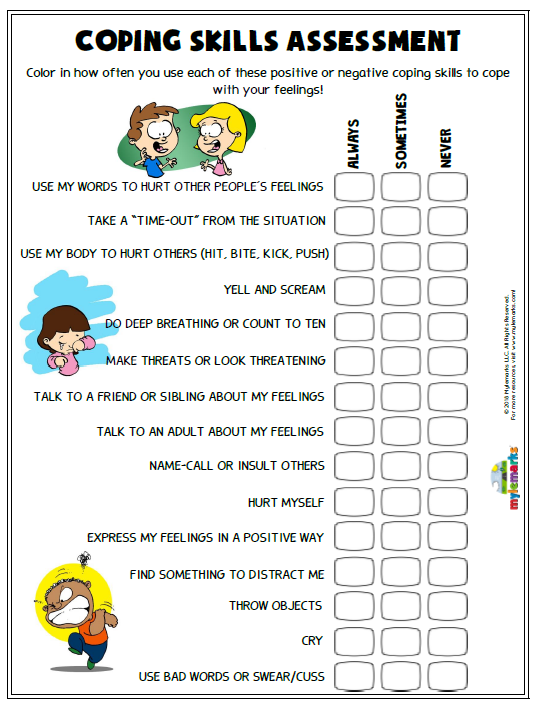 There may be messages that are difficult to understand and understand, which is why the expression in the dialogue is so important. In the following, we will give you some tips so that you can better express yourself and ensure that you are understood correctly. If you usually have speech problems, do not lose details and put the following points into practice in your daily life.
There may be messages that are difficult to understand and understand, which is why the expression in the dialogue is so important. In the following, we will give you some tips so that you can better express yourself and ensure that you are understood correctly. If you usually have speech problems, do not lose details and put the following points into practice in your daily life.
Speak slower
This is important for good self-expression: speak slowly. So you will make it clearer and you will better think what you want to say . It is not about making many pauses, but about speaking more slowly, but at the same time you can have a harmonious and understandable dialogue.
Practice over and over again and little by little it will come naturally. When you slow down your speech, it shouldn't be bad for your listeners if you do it right. This will give you authority in your speech and you will be better able to express your message as a whole.
read aloud
Reading aloud is recommended from time to time. It is a way to teach your voice and learn to speak better. Doing reading exercises aloud will help you speak correctly and express yourself better. Also you will stimulate imagination and creativity improve your fluency as well as improve your emotional abilities.
Breathe well to express yourself better
If you breathe well, you will learn to speak better. This is another way to teach your voice and keep the right tone and rhythm at all times. There are breathing techniques This will allow you to improve this aspect and be able to express your thoughts in the best possible way.
Set voice
This action is the action and effect of importing the sound of your voice with the vocal cords. Fix the voice on the vocal cords and let the sound come out cleanly. It will be easier that you can make your voice resonate through the soft or soft palate.
This is called imported because exhalation is used to produce maximum sound with minimum effort. You will have excellent voice volume without straining yourself or damaging your vocal cords. This is another great way to better express yourself.
Practice pronunciation
Sounds simple, but it's not. If you want to speak well and express yourself better, it is important to learn the structure of the movement of the muscles of the joint during a conversation. Do it without mistakes. You can only improve it if you practice, paying attention to mistakes you may make.
For example, you can record your speech on video or audio, and then look at your mistakes and redo the speech by polishing them . If you practice daily, you will develop the habit of paying attention to your pronunciation, and gradually you will make fewer mistakes.
Another exercise could be to practice your speech and expression with someone you trust who will help you notice the mistakes you make.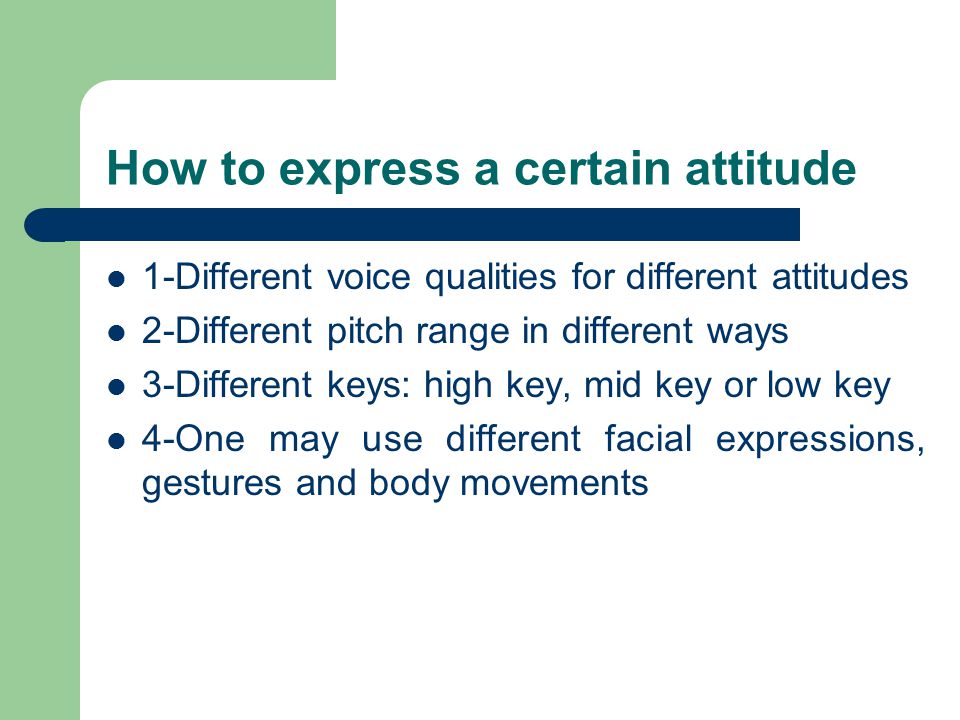 You can also look at your non-verbal language, which is also important for improving expression, since it's not just what is said that matters... if not how to say it. You can also greatly improve your appearance with the technique of videotaping yourself, don't forget to do this daily until you master it.
You can also look at your non-verbal language, which is also important for improving expression, since it's not just what is said that matters... if not how to say it. You can also greatly improve your appearance with the technique of videotaping yourself, don't forget to do this daily until you master it.
The nice thing about doing this in front of someone you trust is that you can practice when the time comes when you need to express yourself in front of an audience, jury, or other people you don't know but it is important that they understand the message you are giving them. You can also work with shame with mental techniques that will give you peace of mind, such as taking a deep breath and counting to ten before speaking.
Seek professional help
If you've tried all the advice we've given you on a daily basis and haven't found improvement in your self-expression...then it's time to seek professional help. to help you improve and increase your self-confidence every time you need to express yourself in front of one or more people.
Article Subject:
10 Effective Ways to Boost Your Self-Confidence (and Be Happy)
If this is a problem for you and you can't find a way to improve it or aren't looking for a solution, then you should be aware that in the future the situation may get worse. Don't wait until you're really afraid to express yourself to others and start looking for solutions so that it becomes easier and easier for you to talk to other people.
Seek help from a speech therapist or psychologist trained in this area and in this type of therapy. In this way, he will be able to help you through his training and experience with other patients who have gone through a situation similar to yours.
Ask for help to find out exactly what the problem is. It prevents you from expressing yourself correctly because it's not the same as not knowing how to express yourself because you don't pronounce it correctly than because you're afraid to say something that leaves you in a bad place, or even because that you don't know how to do it.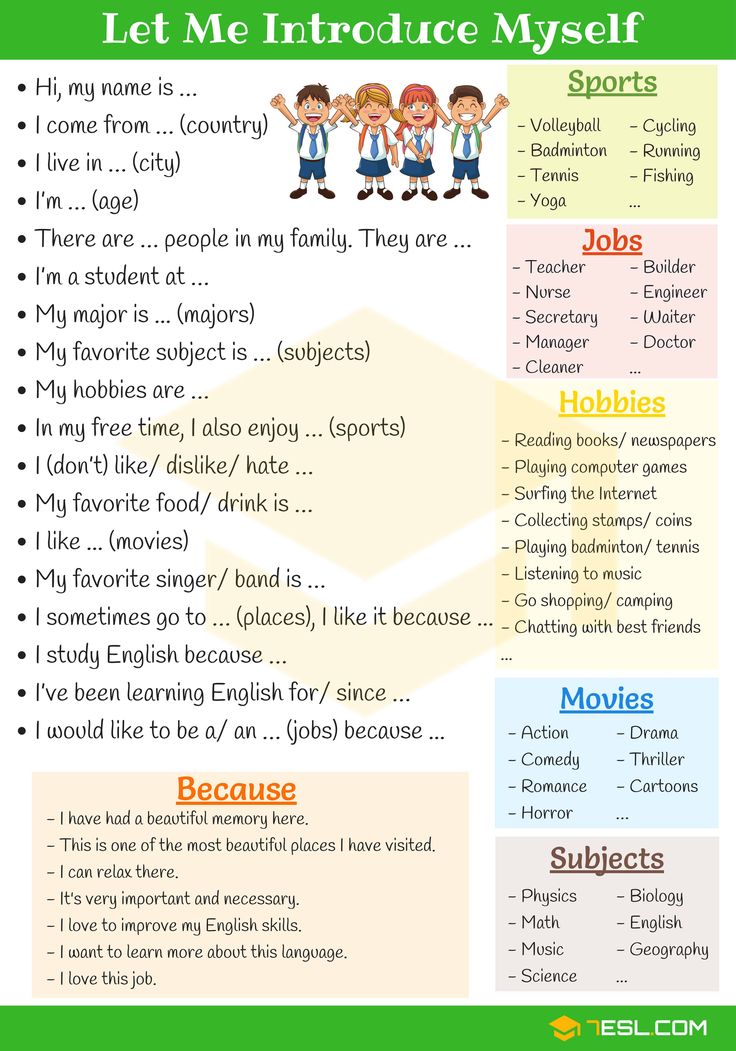 organize words well.
organize words well.
So if you decide to ask for help, then do it! This will be the best thing you can do to start expressing yourself properly.
How to learn to express emotions when you were told to suppress them as a child
Unconditional motherly love is a very important source of happiness and peace. People who did not feel it in childhood often face psychological problems. For example, low self-esteem or inability to show your feelings.
Psychotherapist Jasmine Lee Corey works with adults who have been neglected as children. In the book "Mom's dislike. How to Heal Hidden Wounds from an Unhappy Childhood” she tells how to deal with the consequences of such behavior as a mother. Or at least soften them up. With the permission of the Bombora publishing house, Lifehacker publishes an excerpt from the 13th chapter.
A place in the fabric of life
Most of those who have not experienced a strong connection with their mother also feel a lack of connection with other family members or the family as a whole. This leaves a gap and a feeling that something is missing. We rely on the family to connect us to the world in the broadest sense, giving us a range of things: a safe haven in the storm, a sense of belonging to a group, identity, support. We expect that the family will give us a place where we are known and protected.
This leaves a gap and a feeling that something is missing. We rely on the family to connect us to the world in the broadest sense, giving us a range of things: a safe haven in the storm, a sense of belonging to a group, identity, support. We expect that the family will give us a place where we are known and protected.
If you now have a life partner, children, this can help compensate for the previous separation, but what if you only have your parents' family to which you feel such a weak attachment? What if you don't have a home in the sense of a clan or a family?
I see that some people feel completely lost without the feeling that they are in the family circle.
Although, of course, both the family and the partner are considered an important part of the security system, they are not as essential as we might think.
Our security system and sense of community may change over time. We need to understand that people can constantly move in and out of this system and, most importantly, even a stranger or near stranger can come to our aid.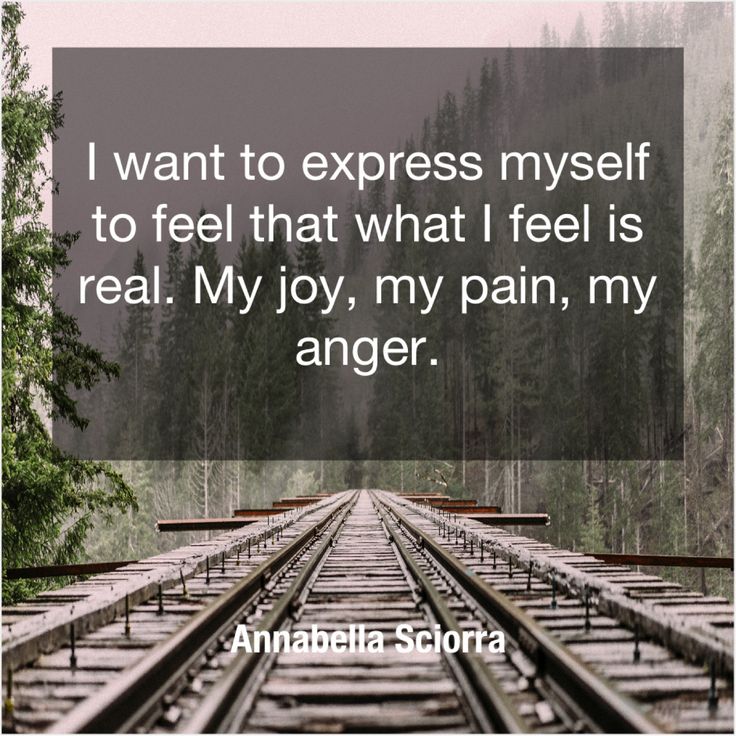
I heard a touching story from one of my friends. A woman my friend recently met contacted her and asked for help. This woman had recently moved to the area and was about to undergo surgery. She wrote to eight women to see if any of them could help her. She did not know any of them closely, and she was embarrassed to ask, but she had no one else to turn to. All eight said yes.
People who seem constantly busy and not as attentive as we would like them to be are often responsive to specific needs. In general, people like to be helpful. True, when the period of need stretches for months, they can be weeded out, but this is not necessarily because they do not care. This is because they have other concerns as well.
The fears that I observe in those of us who feel so vulnerable, so insecure, so defenseless without parents or siblings to lean on, are mainly in our childish parts. We are not in danger just because there is no security system around us in the form of a family, if we have the opportunity to turn to people and ask for help, as a woman did in a new place of residence.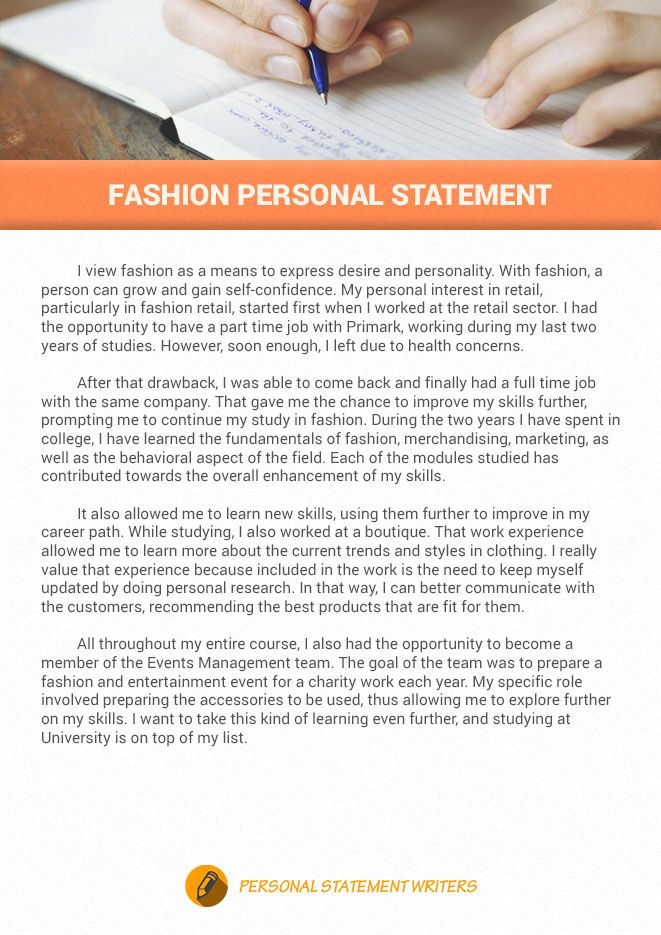 The more we become rooted in our adult self, the less restless we feel without the environment of relatives.
The more we become rooted in our adult self, the less restless we feel without the environment of relatives.
Nuclear family Nuclear family - a family consisting of parents (parent)
and children, or only spouses. the family has become disproportionately important since the broader understanding of the family as a tribe or community has been lost in Western culture. In some cultures the whole village takes over the role of the family, but here we are talking about a very limited number of individuals. Instead of being tied down by dozens or hundreds of threads, we are held together by only half a dozen, or just one or two.
This is not enough to maintain a healthy sense of connection and belonging.
The solution is to build additional links of communication and ownership. We do this in the following main ways:
- A circle of close friends can serve as a “family of choice”, helping us through difficult times and celebrating with us important moments in our lives.
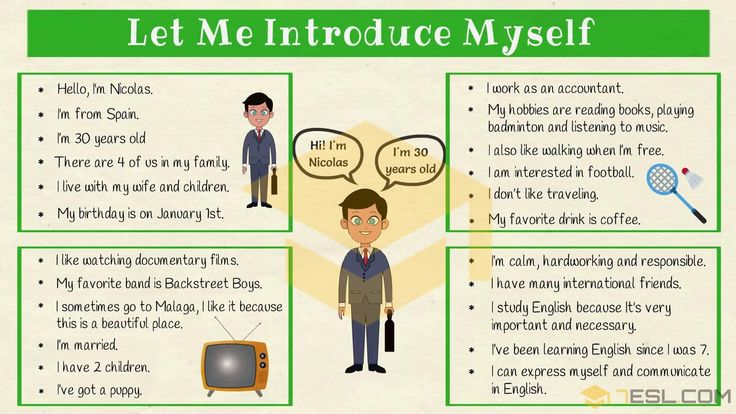
- Relationships with groups give us a place in the fabric of life. These can be interest groups, health groups, social groups, or any other. For some, their community is people from the Internet. While the virtual community may be missing some important aspects, it does provide a sense of connection that is valuable to many.
- Meaningful work (whether volunteer or paid) gives us a place and purpose in life.
- Connections to places physically anchor us to the planet so that we are not just wanderers or "lost in space". It could be a sense of connection with your home or the area around your home. Many people feel a strong connection to the earth around them.
Navigating the world of emotions
Human beings live in a world filled with emotions, but for many who are deprived of good motherhood, this world is a rather uncomfortable place. The ability to navigate these waters is an important component of successful functioning in this world and the all-round development of a person.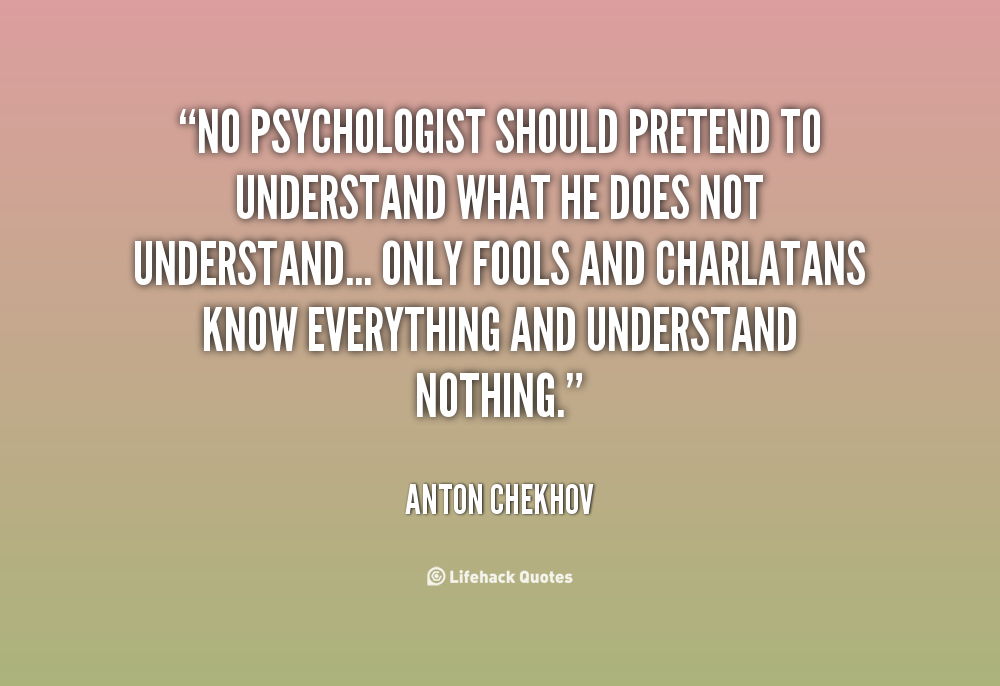
John Bradshaw American educator, bestselling author of Coming Home: Reviving and Protecting Your Inner Child explains Bradshaw, Homecoming, p. 71, how many are detached from this world: “Children growing up in dysfunctional families are taught to suppress the expression of emotions in three ways: first, they are not reacted to and mirrored, they are literally not seen; second, they lack healthy models for labeling and expressing emotions; and thirdly, they are shamed or punished for expressing their emotions.” He continues Bradshaw, Homecoming, p. 72: "The sooner the emotions are suppressed, the deeper the harm done."
When emotions are cut off in this way, it takes a lot of training to become part of the world of emotions. We will have to break the spell of our own "dead face" and become readable. With some emotions, this may be more difficult to achieve than with others. Feelings that our parents had difficulty enduring, usually we will also find it hard to endure.
Expanding the range of your emotions (exercise)
- Which of them were given to each of the births?
- Using this list as a starting point, make a list of the emotions you want to add to your emotional palette.
- Add to the written emotions something that will help you develop it.
In the same way that we can be active with other shortcomings described in this chapter, we can be active in gaining or regaining emotions that we find difficult to express. For example, in your family, you could not show disappointment, and you noticed that you are still too shy to express it. It may be helpful to choose a trustworthy person, share your frustrations with them, and ask them to rate them. Let him mirror it and bring your frustration back to normal. An example of normalization would be: “Of course it will be difficult! I would be disappointed too!” If you were shamed as a child for showing disappointment, this can be a powerful corrective experience for you.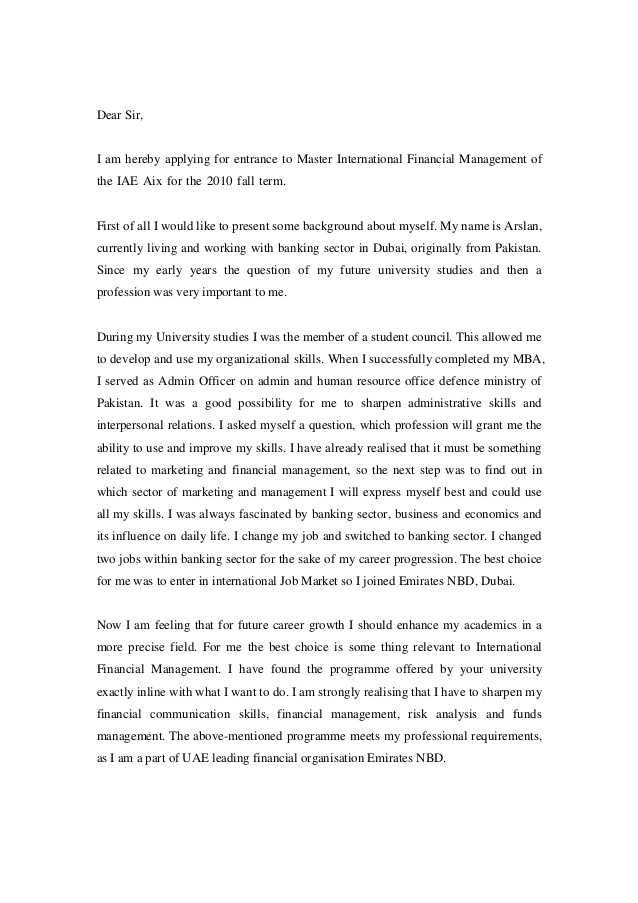
Emotional style and caring patterns
Remember that many neglected people will need to work on getting in touch with their feelings. When the mother did not notice or respond to feelings, we often do not have a strong connection with them ourselves. We may even have learned to turn them off in order to maintain the bond we felt with our mother.
Our personal style (whether we suppress our feelings or exaggerate them in order to get attention) usually develops in response to our caregiver's style. It seems perfectly justified why children learn to suppress their feelings: caregivers consistently do not care about the child's feelings or punish the child for expressing feelings. Research shows that when caregivers are sometimes empathetic and at other times simply oblivious, children are more likely to exaggerate their feelings in order to call for help.0143 Gerhardt, Why Love Matters, p. 26..
Take time to think about the following.
- Are you more likely to hide your feelings out of fear of rejection, or are you more inclined to inflate them when you want to get something from another person?
- If you do both, what feelings (or under what circumstances) do you tend to hide, and when do you actually reinforce them? What do you think will happen if you let your feelings go?
Accept your needs
As far as our needs are concerned, we tend (at least initially) to adopt the same attitude towards them that our parents had.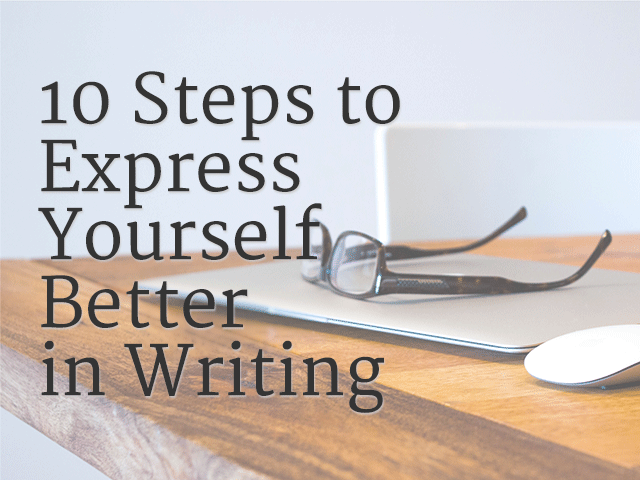 So, for example, if your mother was intolerant or disrespectful of your needs, chances are you will have a hard time with them too. I remember one moment when I was in therapy myself, and suddenly I spoke quite clearly about what I wanted, and suddenly I felt very ashamed. In the end, I rolled my eyes, as if to say: “ Well, this is too much! » Fortunately, I caught myself on this and regarded it as something that I inherited from my parents. “I’m glad you understood that,” my psychoanalyst told me, “because I don’t feel like that at all.”
So, for example, if your mother was intolerant or disrespectful of your needs, chances are you will have a hard time with them too. I remember one moment when I was in therapy myself, and suddenly I spoke quite clearly about what I wanted, and suddenly I felt very ashamed. In the end, I rolled my eyes, as if to say: “ Well, this is too much! » Fortunately, I caught myself on this and regarded it as something that I inherited from my parents. “I’m glad you understood that,” my psychoanalyst told me, “because I don’t feel like that at all.”
For many of those whose early needs were not met, they are perceived as humiliating and dangerous. Claire One of the author's patients. informed me that for her to put herself in a position of dependence on another person is like giving him a knife to cut her throat. She associated the feeling of dependence with vulnerability and insecurity on the verge of annihilation.
This is not easy to overcome. We need to understand that this is no longer dangerous and that there are people who are willing to meet our needs! But understanding this won't come without a certain amount of risk, because we won't know until we try. Taking that risk can be difficult.
Taking that risk can be difficult.
Beliefs will not change without new data.
If our needs were ignored as children, we often blame ourselves for having them. This can lead to the belief that we demand a lot or that our needs will scare other people away. This belief is eradicated when we openly report them and they are satisfied.
It would be nice if you start asking for small things from people with whom you feel safe. In this case, the risk will be less, and you can gradually begin to be more tolerant of vulnerability, as well as accumulate positive experience.
For people with a self-sufficient attachment style, it will go a long way from "I'll do it myself" to "I'm so happy you helped me." You have to understand that your needs can indeed be the place where other people are sensitive to you.
Knowing your needs and being able to express them is an important developmental achievement that sustains intimacy, according to Jett Psaris and Marlena Lyons, Ph.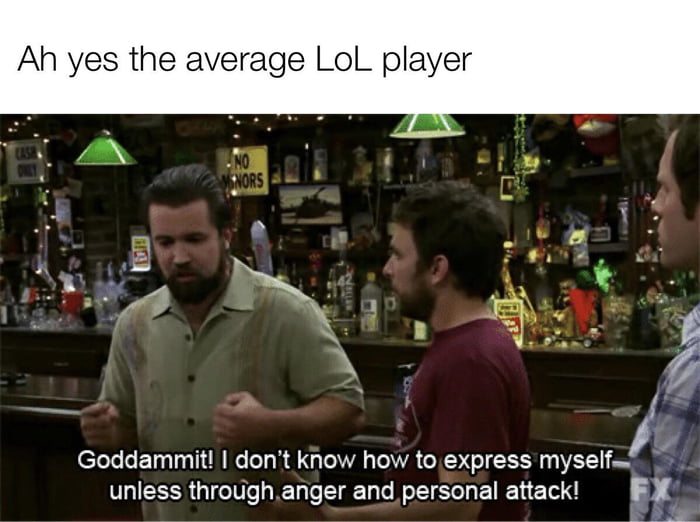 D., in their book Insecure Love. However, this is only one side of the coin. We must be okay even if our needs are not being met by our partners. As noted Jett Psaris, PhD, and Marlena S. Lyons, PhD, Undefended Love (Oakland, CA: New Harbinger, 2000), p. 1 Psaris and Lyons: “The earlier our unmet needs come from, the less able we are to maintain a sense of well-being as an adult if that need is not met by another person.” If our addiction needs weren't met in infancy, our minds often shattered at that point. We didn't have the resources or the maturity to "keep our sanity," which means keeping ourselves in check.
D., in their book Insecure Love. However, this is only one side of the coin. We must be okay even if our needs are not being met by our partners. As noted Jett Psaris, PhD, and Marlena S. Lyons, PhD, Undefended Love (Oakland, CA: New Harbinger, 2000), p. 1 Psaris and Lyons: “The earlier our unmet needs come from, the less able we are to maintain a sense of well-being as an adult if that need is not met by another person.” If our addiction needs weren't met in infancy, our minds often shattered at that point. We didn't have the resources or the maturity to "keep our sanity," which means keeping ourselves in check.
Unbearable soreness and sensitivity to needs goes back to these early traumas.
Showing off those rough parts of yourself can be difficult, but it's part of the process. We bring into our close relationships everything that we did not work through or complete in childhood. From the point of view of those who see relationships as a path to growth, this is a godsend.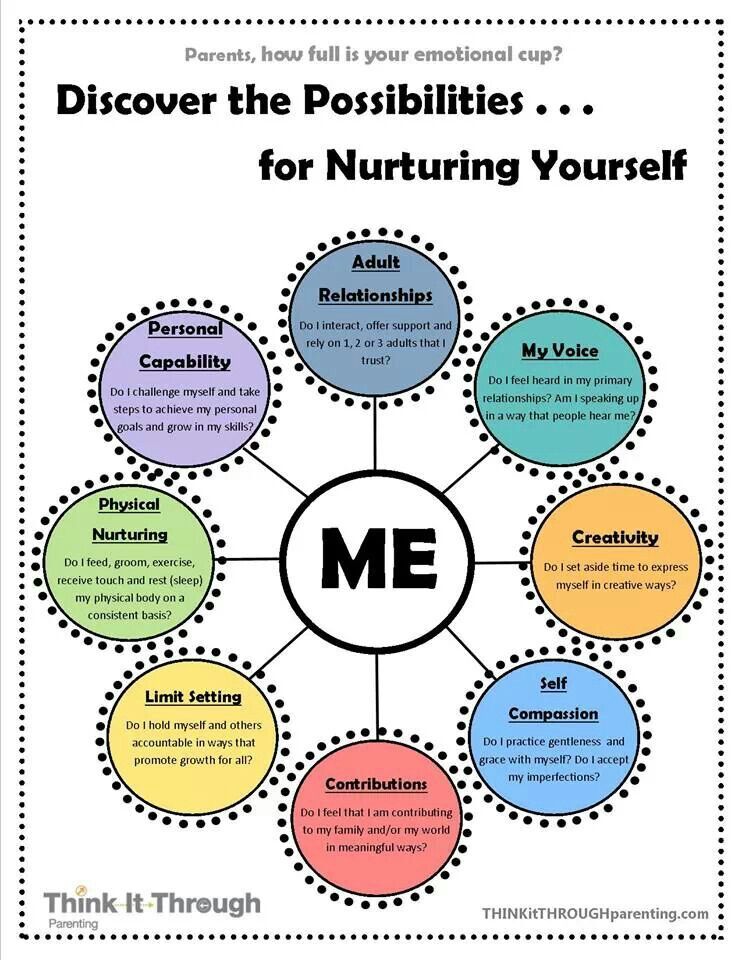
In order to understand how far you have come along the path of healing, consider the following questions.
- How do you feel about having needs? Do you see any parallels in this with how your early caregivers treated and responded to your needs?
- Do you tend to expect others to respond when you need them, or do you feel disadvantaged in this respect?
- Which of your needs is the most difficult for you to express?
- If you told about your need, but it was only partially met, can you take it easy? Simply put, are you able to "own" your needs, rather than tossing them around like a hot potato, or completely suppressing them?
Build the capacity for intimacy
Intimacy requires emotional openness, seeking to see and be seen, and allowing other people to meet your needs. This will be difficult if you haven't worked through the trauma of insensitive parenting, but it's worth striving for. Despite the pain of disappointment that you have carried within yourself for many years, you also most likely have a longing that is worth using to help you move forward when you stumble.
The main thing is to understand what you are doing to maintain intimacy. What “attachment behaviors” are part of your repertoire, and how can you reinforce them? Think about the following.
- Are you able to take comfort in threatening situations or moments of stress? (This is “attachment behavior.”)
- How do you react when someone asks you for help? Can you let a person need you?
- Are you able to touch with love? Maintain intimate eye contact?
- Do you maintain emotional contact during lovemaking?
- What fears and defense systems pop up when you get really close to a partner?
One psychotherapist reports that if a couple is able to strengthen their bond of attachment, this helps each partner self-regulate and resolve individual personal problems. For people with a self-sufficient style, the challenge will be to wake up the attachment system, which can then function more normally, as nature intended. Think about what you can do to develop the potential in yourself that creates the opportunity for close relationships.




